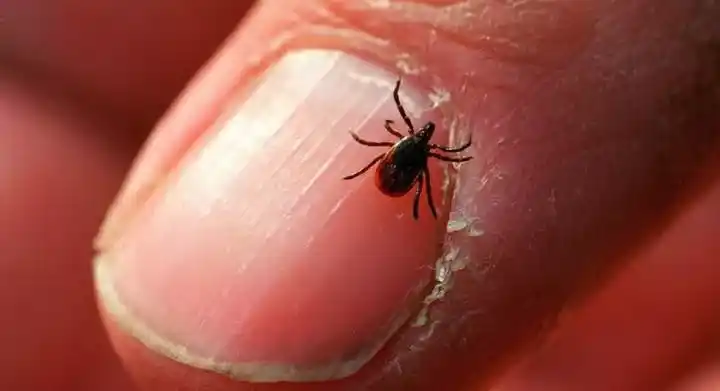Blood type may matter more than you think. Scientists have discovered that one specific type discourages ticks from attacking. People who have it are less likely to come into contact with the arachnids, which means they are also less likely to get Lyme disease or tick-borne encephalitis.
Blood type that ticks don’t like. These people are lucky
Ticks are deaf and blind, and they seek out their victims using their sense of smell. We know that they are attracted to the smell of sweat.
They also “like” perfumes with intense, sweet and floral scents. Some time ago, scientists discovered that blood type also plays a role. Ticks are particularly fond of one of them.
At Masaryk University in Brno, research was conducted, the results of which may be very surprising. Scientists decided to check whether one blood type attracts ticks more than another. It turned out that this factor may indeed be important.
The aforementioned experiment involved a hundred people with different blood types. It turned out that ticks most often choose those with type A as their hosts (36% of cases). There is also a blood type they clearly dislike – B (15% of cases)....Read Full Article [Click Here>]
According to Czech researchers, people with blood type A have it the worst, because they are most often attacked by ticks. Those with blood types AB and 0 are in a much better situation. And those with blood type B can sleep easier because they are much less likely to fall victim to these arachnids.
Of course, you should be aware that a group of 100 people is a very small sample. It is possible that if there were more participants, the study result would be completely different. Therefore, treat this as a curiosity rather than a scientific theory. This issue definitely requires additional research.
Remember that bacteria and viruses transmitted by ticks pose a serious threat to all of us, regardless of blood type. It is worth protecting yourself by getting vaccinated against tick-borne encephalitis. It is also necessary to carefully examine your entire body after returning home, especially if you have spent time in the forest or a meadow.





